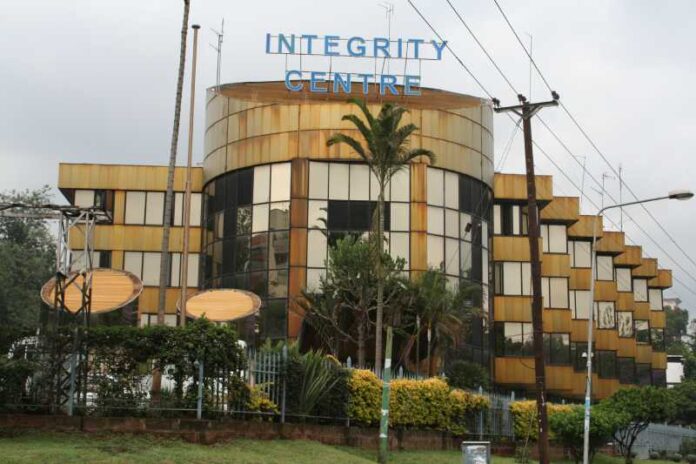Bribery remains the most common form of corruption in Kenya’s public sector, a new survey by the Ethics and Anti-Corruption Commission (EACC) has revealed.
The 2024 National Ethics and Corruption Survey identified giving bribes as the most widespread unethical practice, followed by receiving bribes, favouritism, abuse of office, tribalism, nepotism, and embezzlement of public funds.
The report ranked corruption as the second most pressing national issue, trailing only unemployment.
Other significant concerns cited by respondents included poverty, the high cost of living, inadequate healthcare, poor infrastructure, and poor leadership.
According to the EACC, the number of Kenyans seeking government services rose from 60.3 percent in 2023 to 65.2 percent in 2024, providing more opportunities for corrupt practices.
While awareness of corruption and unethical conduct was high among respondents, the report showed that 97.2 percent of those who experienced bribery did not report the incident to any authority. Only 2.8 percent took action to report.
Bribery Trends and Financial Impact
Notably, the national average bribe amount decreased from Sh11,625 in 2023 to Sh14,878 in 2024.
The services where the highest average bribes were paid include: Employment at county executive – Sh243,651, Obtaining tenders from the national government – Sh100,000, Placement by the Teachers Service Commission (TSC) – Sh72,665, In terms of government institutions, the highest average bribe amounts were recorded at: Kenya Wildlife Service (KWS) – Sh200,000, National Social Security Fund (NSSF) – Sh47,129, National Treasury (Pensions Department) – Sh40,000
County-Level Insights
The counties with the highest average bribes were: Uasin Gishu – Sh25,873, Baringo – Sh16,156, Embu – Sh12,878, Homa Bay – Sh12,381, Bomet – Sh11,650, Kakamega – Sh10,013, Tana River – Sh9,582, Kiambu – Sh7,982, Nyamira – Sh7,748, Wajir – Sh7,275

